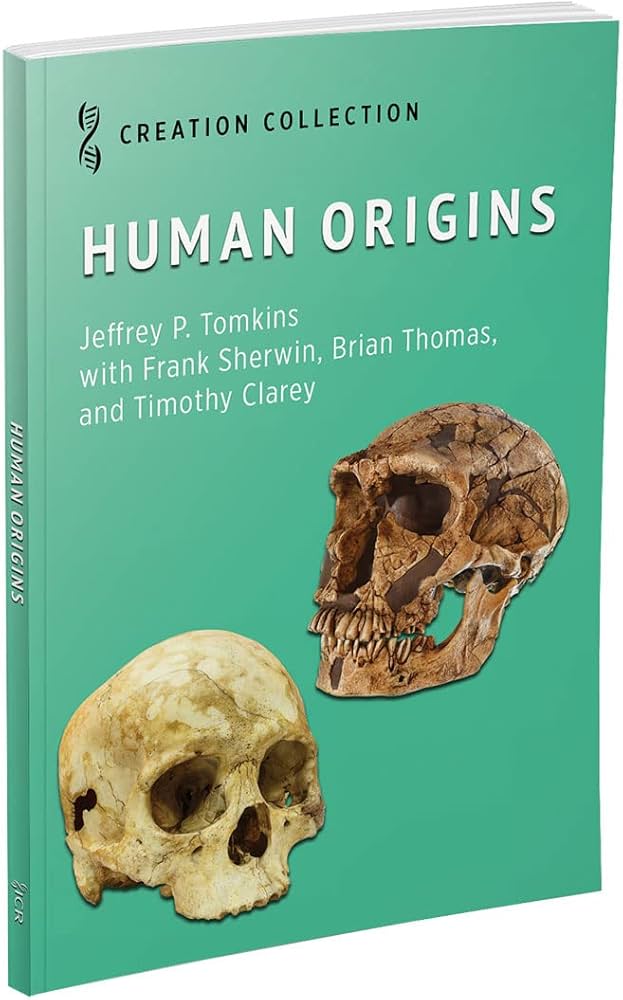Junior high and high school students wonder what difference it makes whether the universe came about through a long process or whether God spoke all things into existence a relatively short time ago. The main thing, many suggest, is that we are here. Details are irrelevant, so why the big fuss over origins?
A review of the issue shows that there are major differences between evolutionary views of nature and the traditional Christian view. Firstly the traditional view of God’s character and work are gone with evolution, replaced by something else. Secondly the traditional concept of truth is gone. Thirdly the traditional view of man’s place here on earth is gone, replaced by something else. No one can force anyone to support either position, but everyone should at least be aware of the implications.
As far as the character and work of God are concerned, the traditional Christian view is that God created all things in a perfect state, that He delights in details (for example, “the very hairs of your head are all numbered” – Matthew 10:30) and that death and disease resulted from God’s curse of nature after the fall of Adam. Evolutionary arguments however are based on a far different view of God. This is illustrated by Cornelius Hunter in his 2001 book Darwin’s God (Brazos Press). Dr. Hunter asks us to consider the popular view: “How is it that God could create the universe but have nothing to do with science? The answer of course is that God did not create the world, at least not directly — the world evolved” (p. 149).
This latter view, points out molecular biophysicist Dr. Hunter, was based on the assumption that God places a high value on letting nature do its own thing. Thus rich diversity in nature, as well as death and disease, are not from God, but “natural”. Many scientists claim that God is all the greater for His refraining from dabbling in nature. Thus the evolutionary view denies God’s providence (upholding and intervening as He chooses), judgment and plan in history. Many evolutionists have declared in their scientific writings that God would never bother to create the diversity of creatures that we see or to inflict suffering on nature. Dr. Hunter gives many examples of such documents. These declarations stem from evolutionist support for a God who, if He exists at all, pays little attention to details of the here and now — or the past or future. Miracles and salvation, of course, are not suitable activities for a remote God who leaves creation to its own devices.
Secondly, the traditional view of truth is gone. Secular scientists seek the best natural explanation of their observations from nature. To be truth-seeking, they would have to ask what happened, what is the best explanation. However this is not what we see in modern science. Instead secular scientists, as a matter of course, exclude the work of God from consideration and instead seek an explanation involving time and chance. Thus with the philosophical deck stacked in its favour, evolutionary explanations cannot claim to be the most probably true or the best fit of the data, since not all possibilities have been considered. Young people should not therefore assume that the facts support evolution. This is not the case. When you have only one choice, it does not matter what the facts are. The creation alternative is all too typically never considered.
The role of mankind in nature is another dramatic casualty of evolution theory. The traditional Christian view is that people are God’s special work, the pinnacle of creation. It was alternatively none other than palaeontologist Stephen Jay Gould who called long ages “geology’s most frightening fact” (Wonderful Life p. 44). How, he asked, can we pretend that God made nature for man’s benefit when mankind was absent during almost all of this evolutionary past? Obviously, he implies, mankind is unnecessary and irrelevant to natural history. Similarly of course, the secular scientists who talk about mankind’s “oneness” with nature, mean that all creatures had the same evolutionary origin and thus no organism is any more valuable than any other. A mosquito is as worthy of protection as a person. This is not the Christian position.
Lastly, many evolutionists consider that only creatures with the best characteristics are worthy of protection. Thus out the window go Christian values of protecting the weak and promoting the good of one’s neighbour or even of one’s enemy.
It is evident that evolutionary conclusions are not the same as traditional Christian values. One’s view of origins matters because the implications are so different.
CSAA sells two books by Cornelius Hunter, Darwin’s God: Evolution and the Problem of Evil (2001) @ $18.00 and Darwin’s Proof: the Triumph of Religion over Science (2003) @ $23.00 These excellent books are suitable for adults who like the history of thought and science.
April 2004
Subscribe to Dialogue







